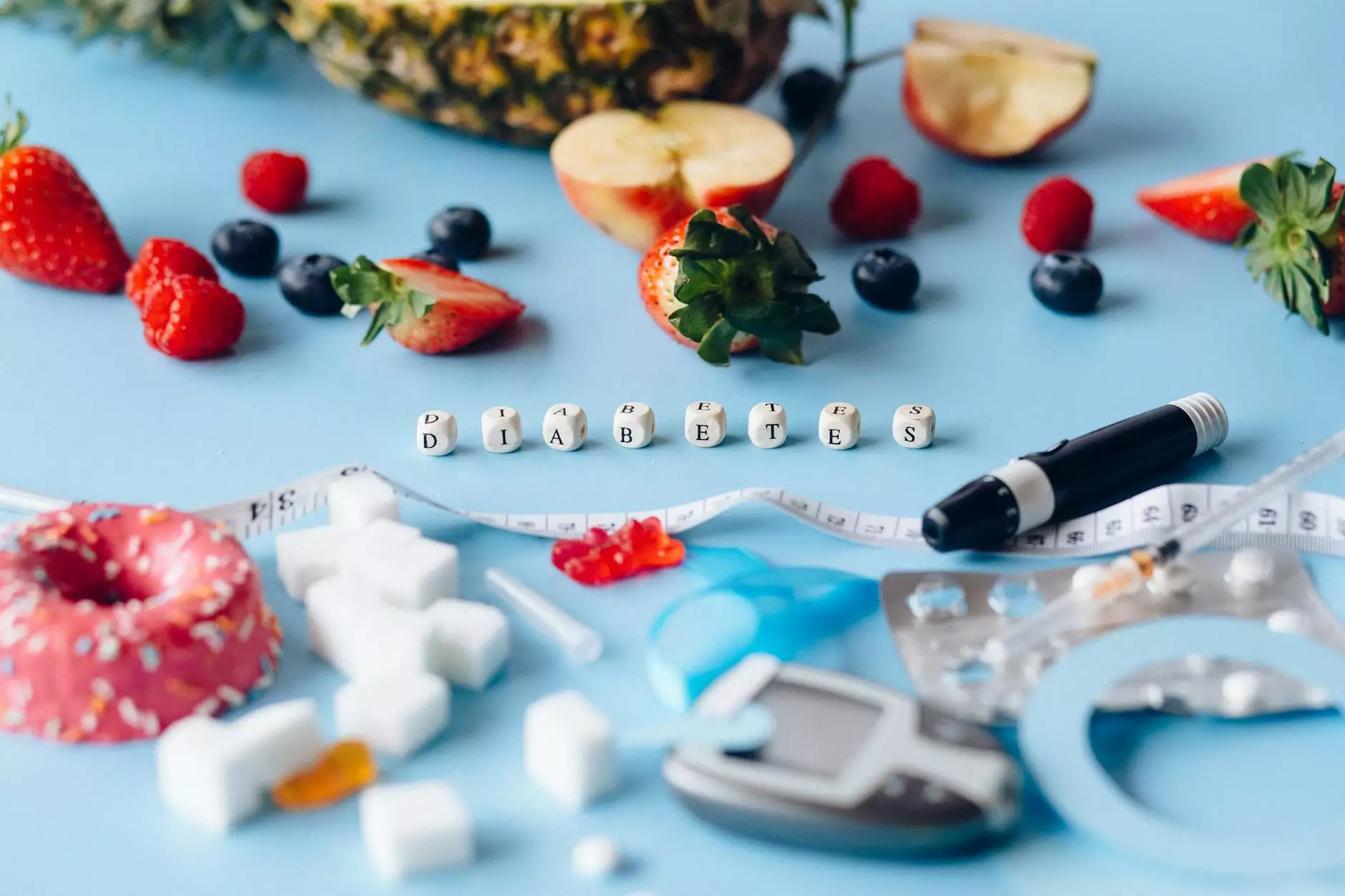The Impact of Alcohol on Men's Sexual Health and Testosterone
Healthy Snacks
Welcome to Pain Cream Advisors, your trusted source for health-related information and solutions. In this article, we will delve into the comprehensive impact of alcohol on men's sexual health and testosterone levels.
Understanding Alcohol's Effects on Sexual Function
Alcohol consumption has been a part of social gatherings and celebrations for centuries, but its effects on sexual health are often overlooked. It's crucial to understand how excessive alcohol consumption can impact both short-term sexual performance and long-term testosterone levels.
Short-Term Effects
Excessive alcohol intake can lead to significant short-term effects on sexual function. While low to moderate alcohol consumption may initially enhance mood and decrease inhibitions, excessive alcohol consumption can lead to:
- Difficulty achieving or maintaining an erection
- Dulled sensitivity and decreased sexual pleasure
- Delayed or inhibited orgasm
These effects, often referred to as "brewer's droop," are attributed to alcohol's depressant effects on the central nervous system and its interference with proper blood flow to the genital area.
Long-Term Effects
Consistently excessive alcohol consumption can have more profound and long-lasting effects on men's sexual health. One of the primary concerns is its impact on testosterone levels, the hormone crucial for male sexual function and overall well-being.
Alcohol abuse can cause decreased testosterone production in the testes, leading to a condition known as hypogonadism. Symptoms of hypogonadism include reduced libido, erectile dysfunction, and even infertility.
Furthermore, excessive alcohol intake can disrupt the delicate hormonal balance in the body, affecting the hypothalamus-pituitary-testicular axis, which regulates testosterone production. This disruption can ultimately have detrimental effects on sexual desire, muscle mass, bone density, and overall vitality.
The Risks and Consequences
Understanding the risks and consequences of alcohol abuse on sexual health is vital in promoting overall well-being. Aside from the short-term and long-term effects mentioned earlier, excessive alcohol consumption can also contribute to:
- Relationship issues and sexual dysfunction
- Mental health disorders, such as depression and anxiety
- Increased risk-taking behavior, leading to potential sexually transmitted infections (STIs)
- Impaired judgment, leading to decreased sexual consent awareness
It's crucial to address these risks and consequences by finding healthier alternatives and seeking professional guidance to mitigate the negative impact on sexual health and testosterone levels.
Alternatives and Solutions
At Pain Cream Advisors, we are committed to providing comprehensive solutions for maintaining optimal health and well-being. Here are some alternatives and solutions to consider for mitigating alcohol's impact on sexual health:
Moderation and Responsible Drinking
Practicing moderation and responsible drinking is key to minimizing alcohol's negative effects on sexual health. Limiting alcohol intake to moderate levels (1-2 drinks per day) can help reduce the risk of sexual dysfunction and maintain optimal testosterone levels.
Lifestyle Modifications
Making positive lifestyle modifications, such as regular exercise, stress management strategies, and healthy dietary choices, can significantly contribute to improving sexual health and overall well-being. Prioritizing self-care can have a positive impact on hormonal balance and sexual function.
Supplements and Natural Remedies
Exploring natural supplements and remedies that promote sexual health can be beneficial. Certain herbs, such as Tribulus terrestris and horny goat weed, have shown potential in supporting testosterone production and improving sexual performance. Consult with a healthcare professional before incorporating any supplements into your routine.
Seek Professional Guidance
If you're experiencing persistent sexual dysfunction or suspect low testosterone levels, seeking professional guidance is crucial. A healthcare provider, such as a urologist or endocrinologist, can evaluate your condition, provide appropriate medical interventions, and offer personalized advice for improving sexual health.
Conclusion
The impact of alcohol on men's sexual health and testosterone levels is a multifaceted issue that requires attention. By understanding the effects, risks, and alternatives, you can make informed choices to protect your sexual health and overall well-being. At Pain Cream Advisors, we are dedicated to providing comprehensive information and solutions to empower individuals to live happier and healthier lives.



